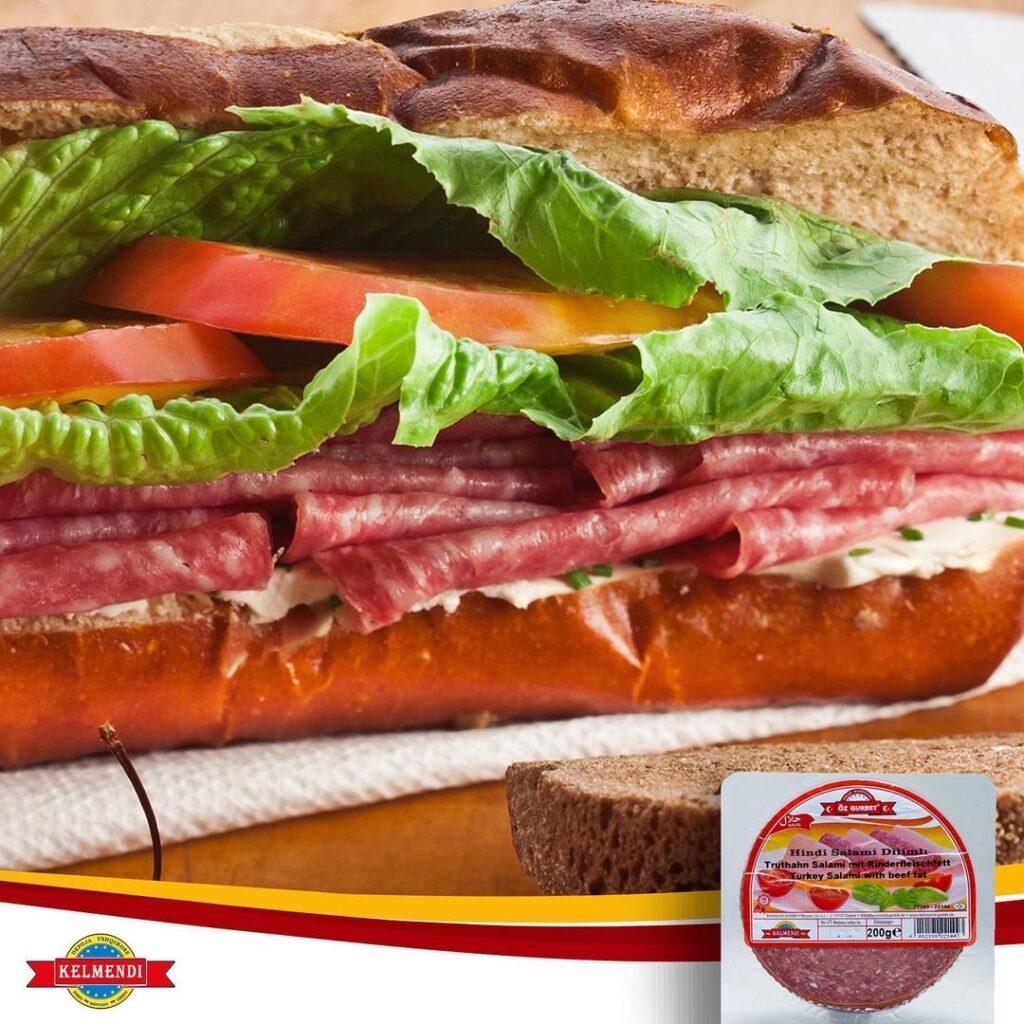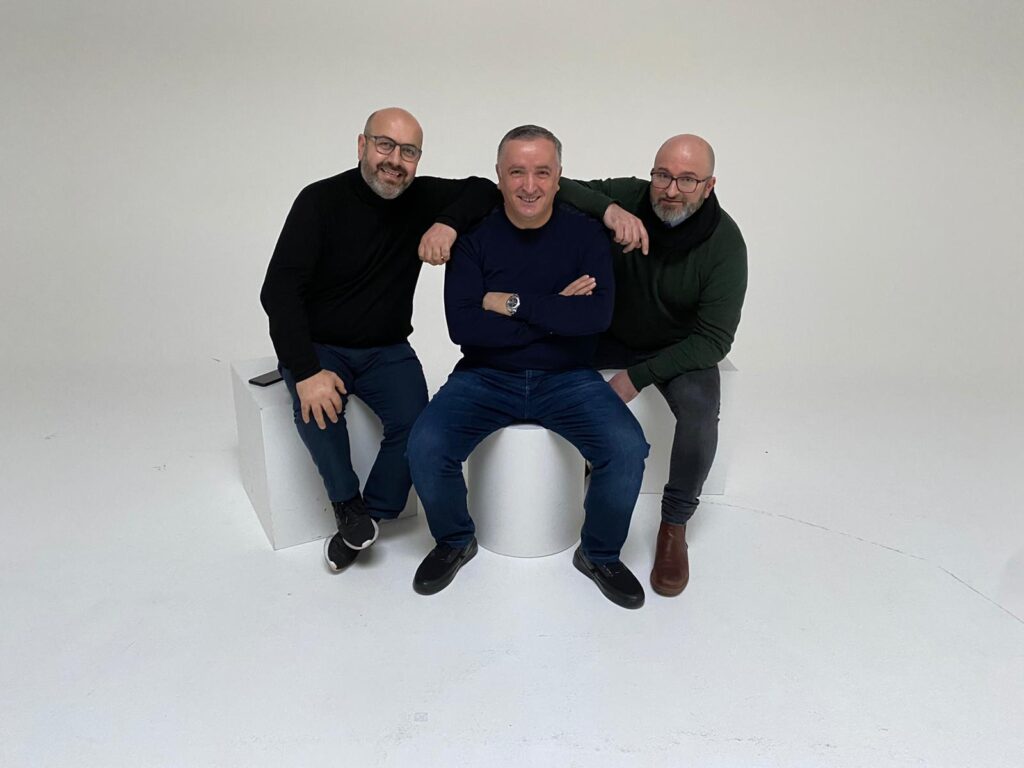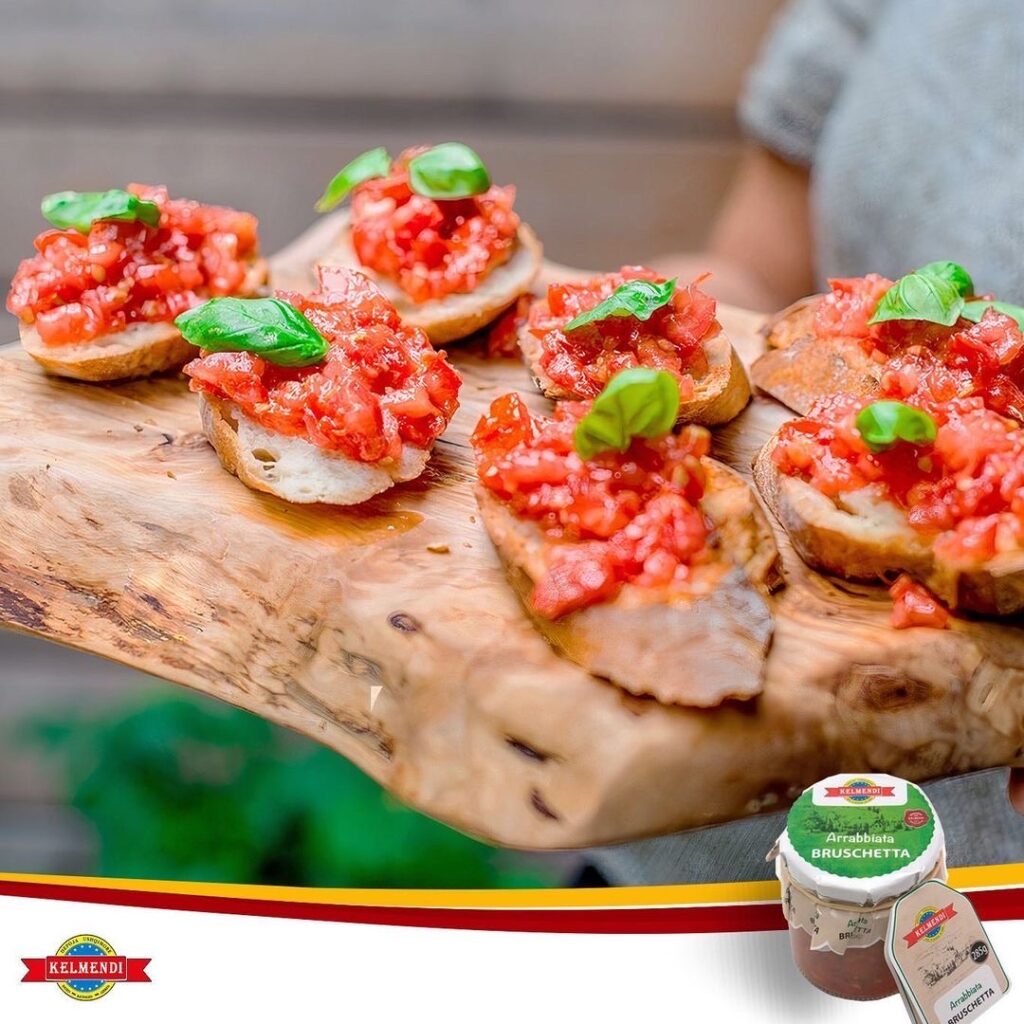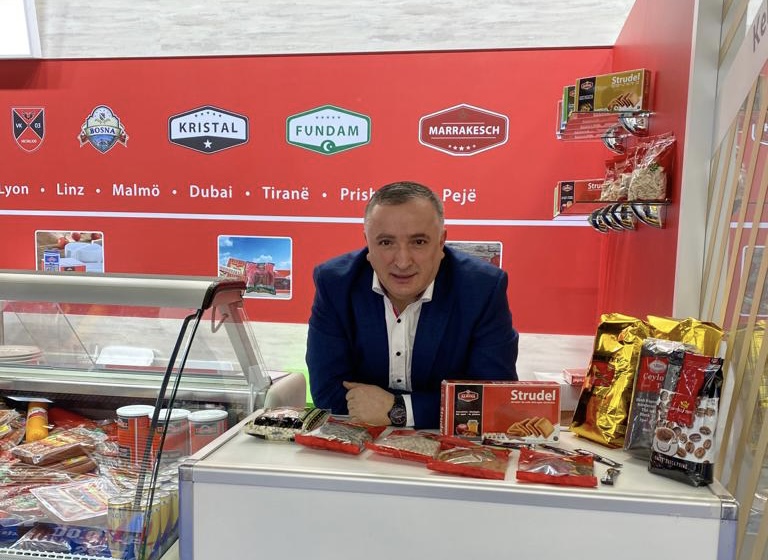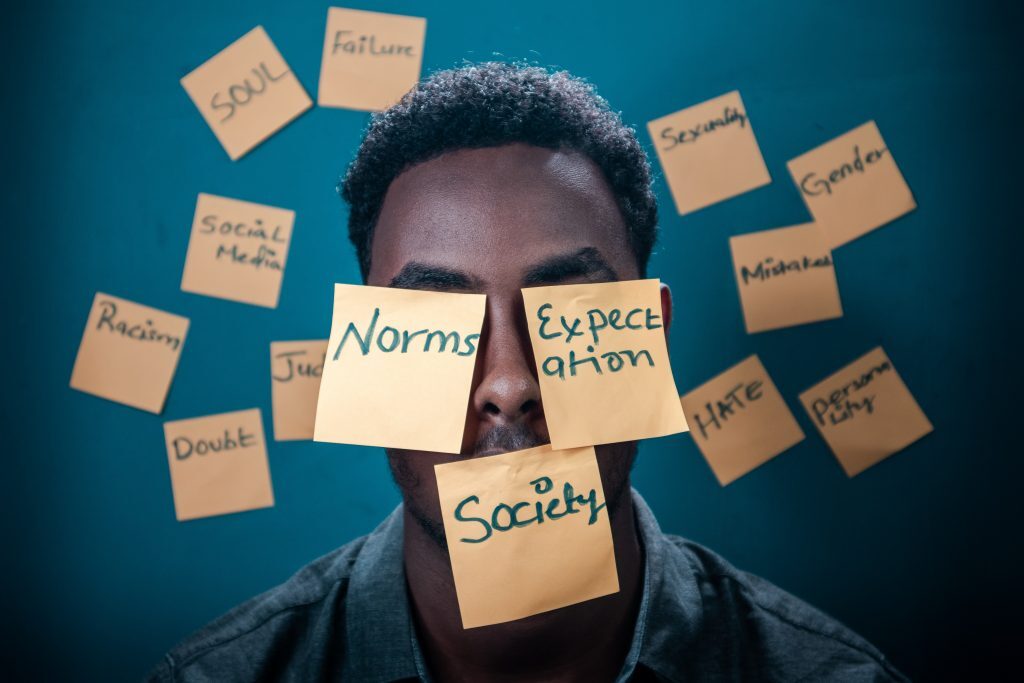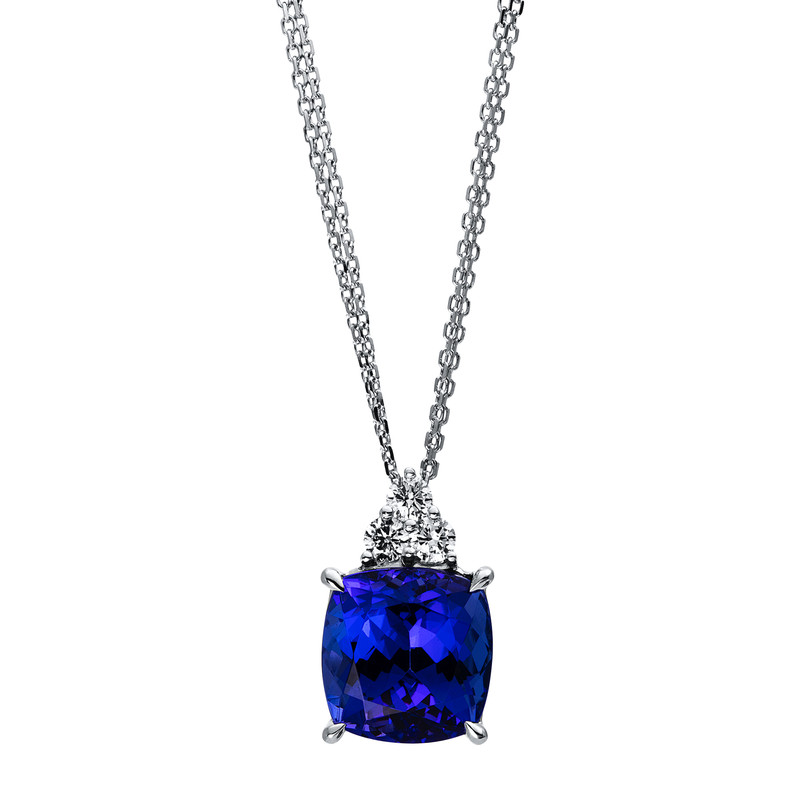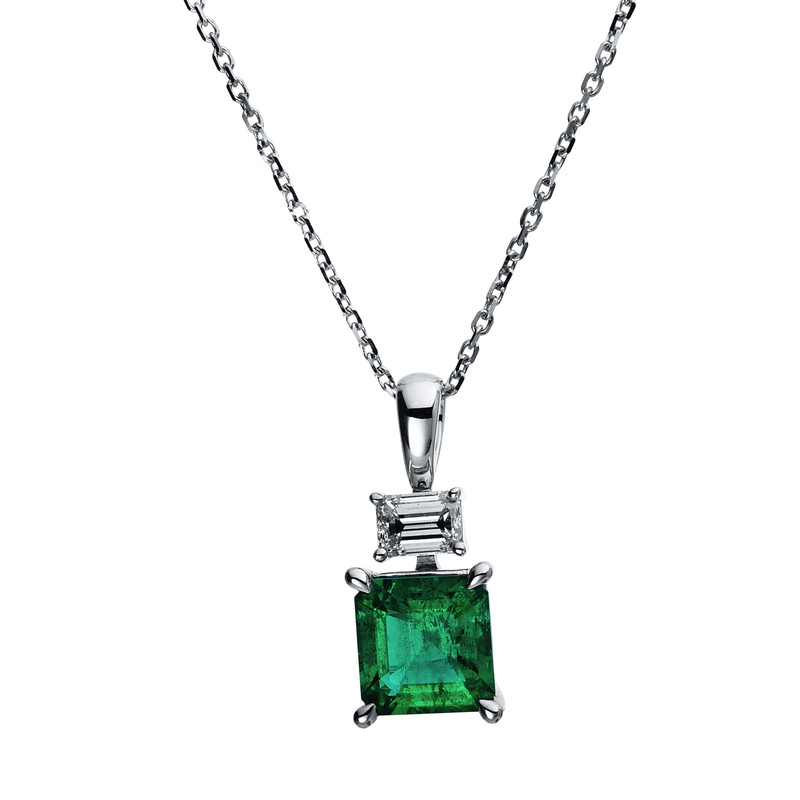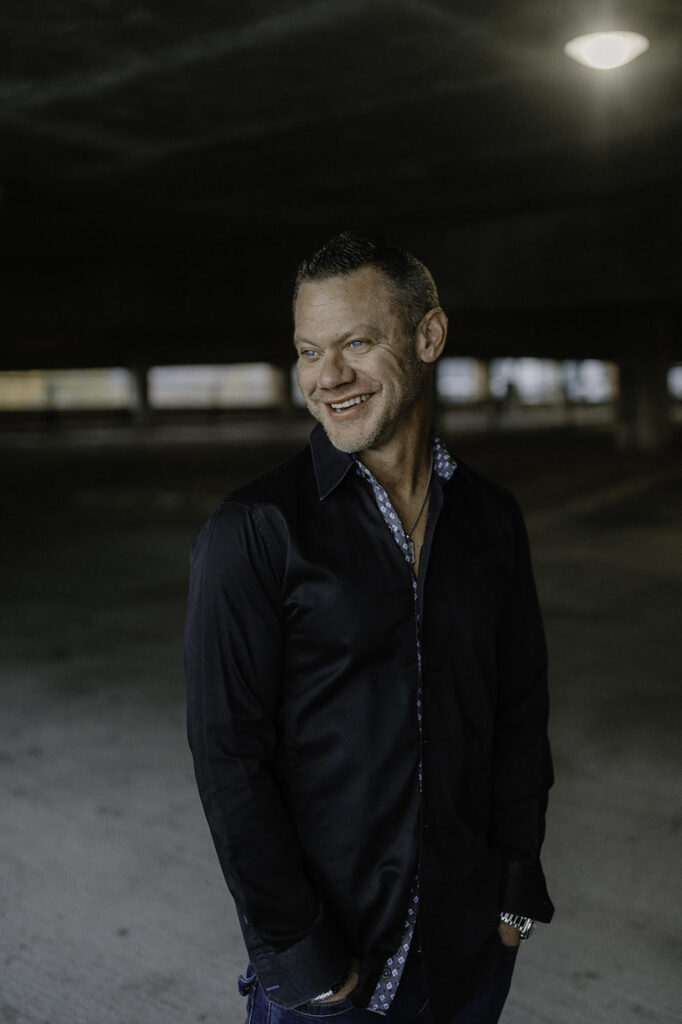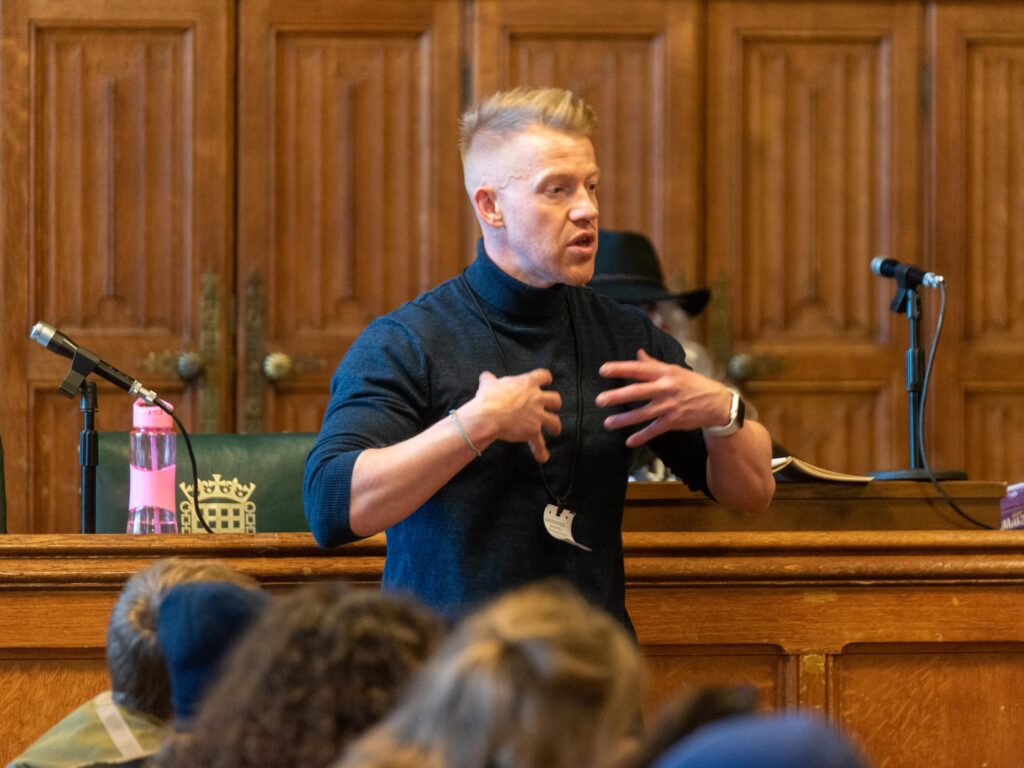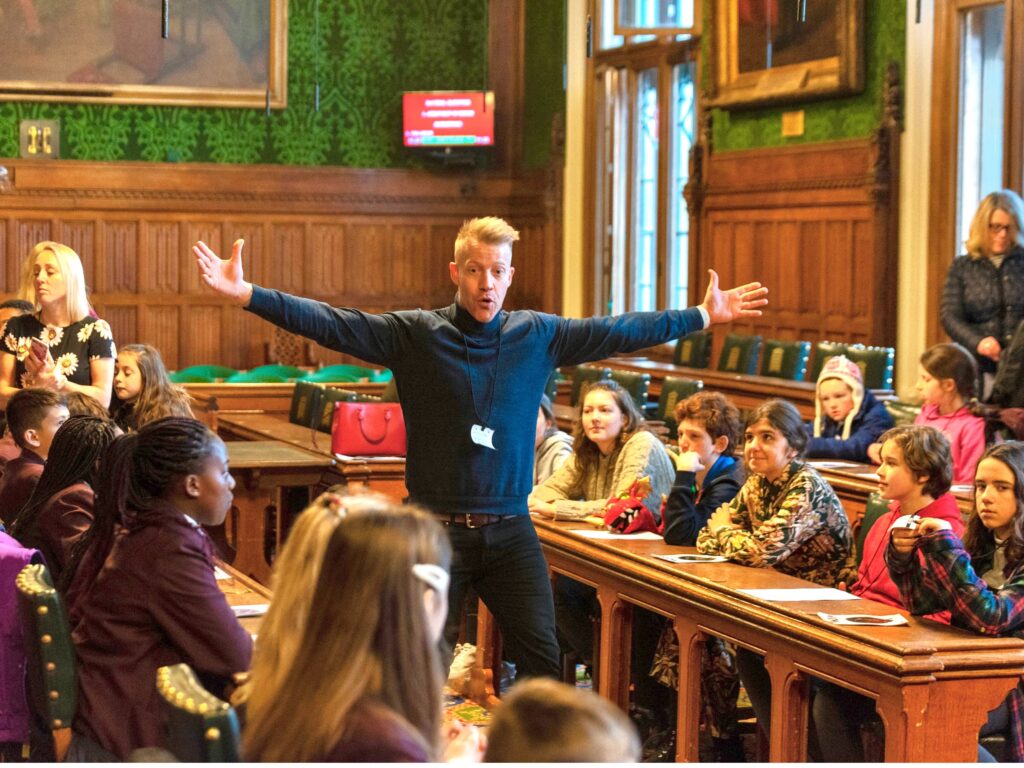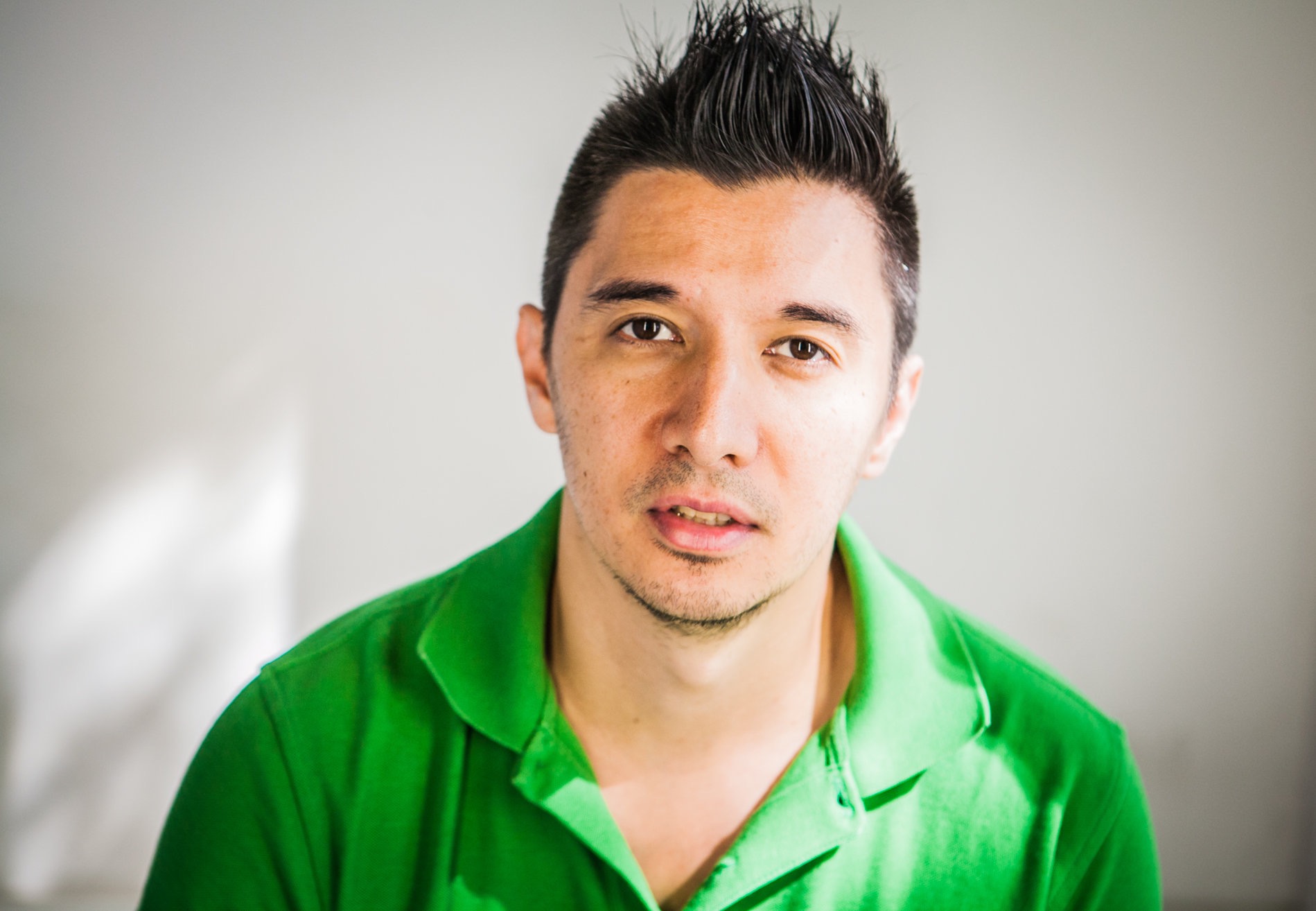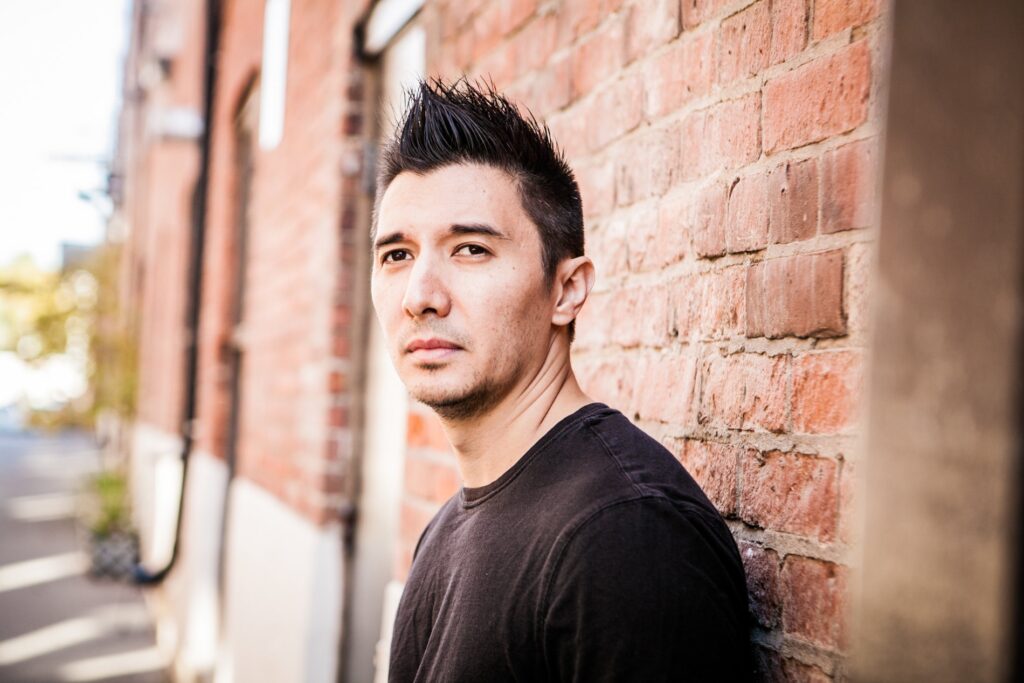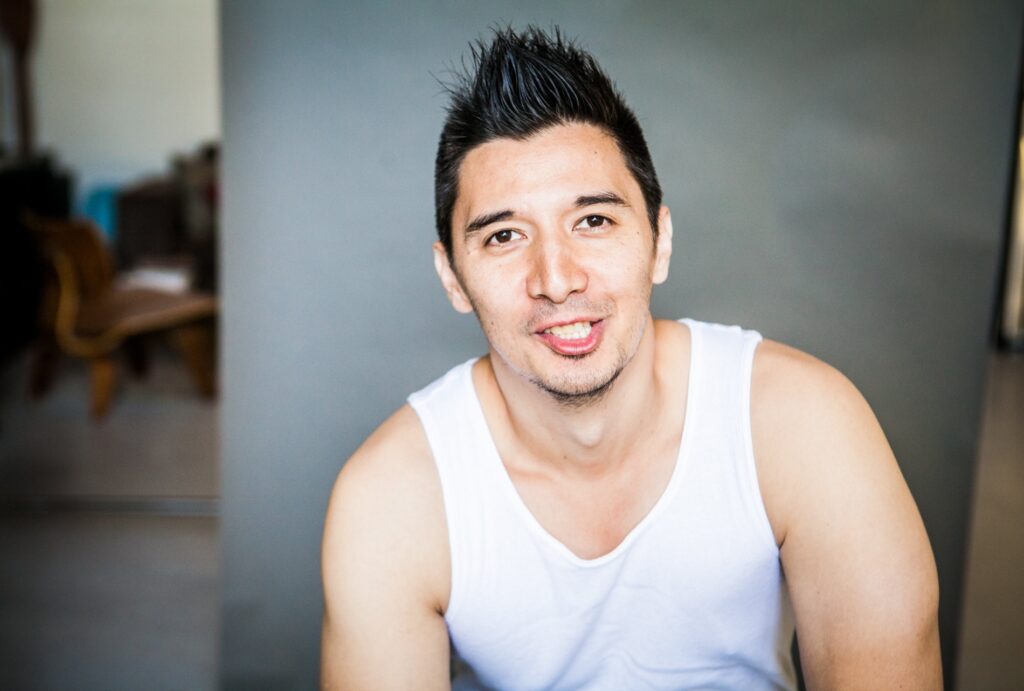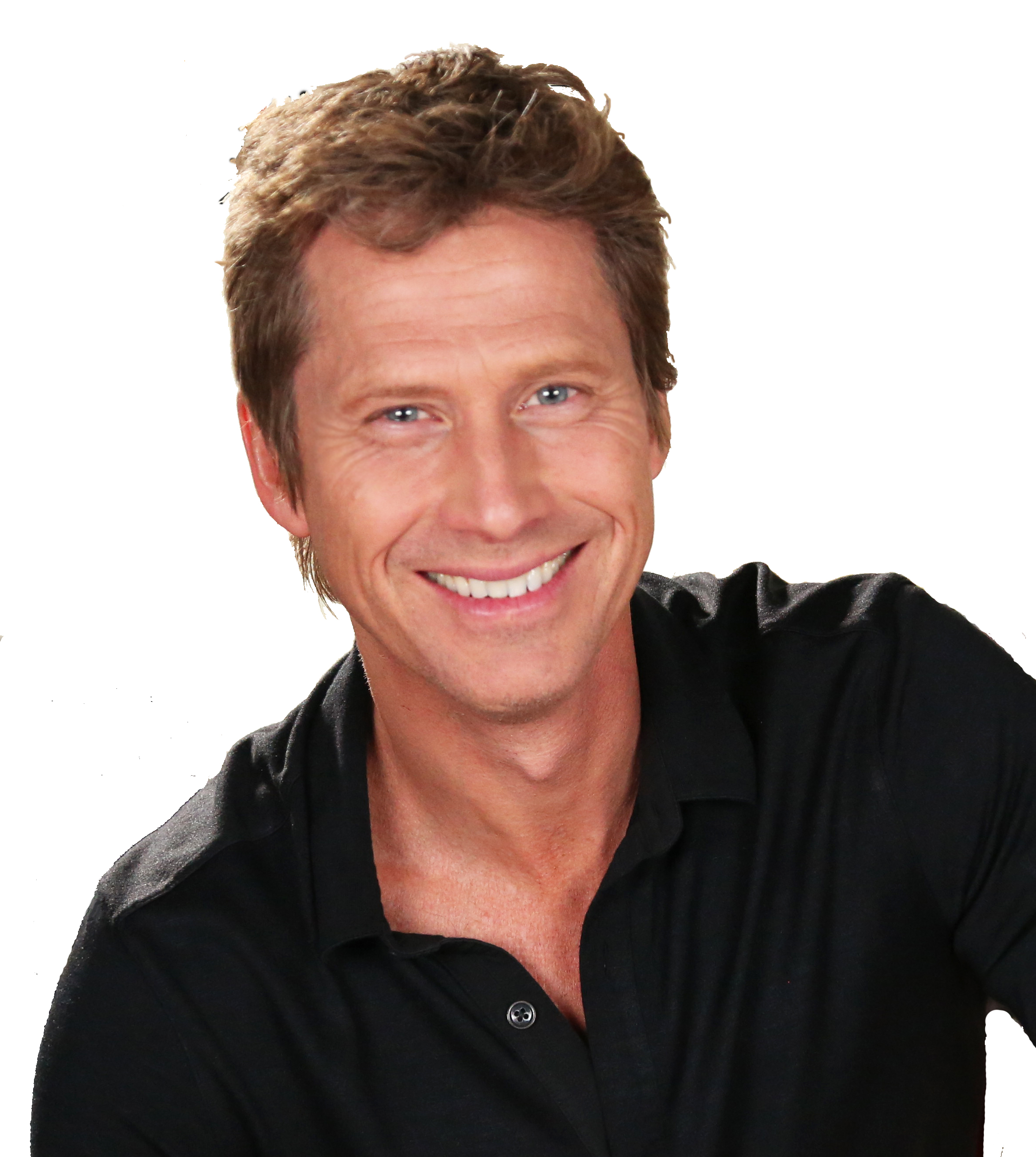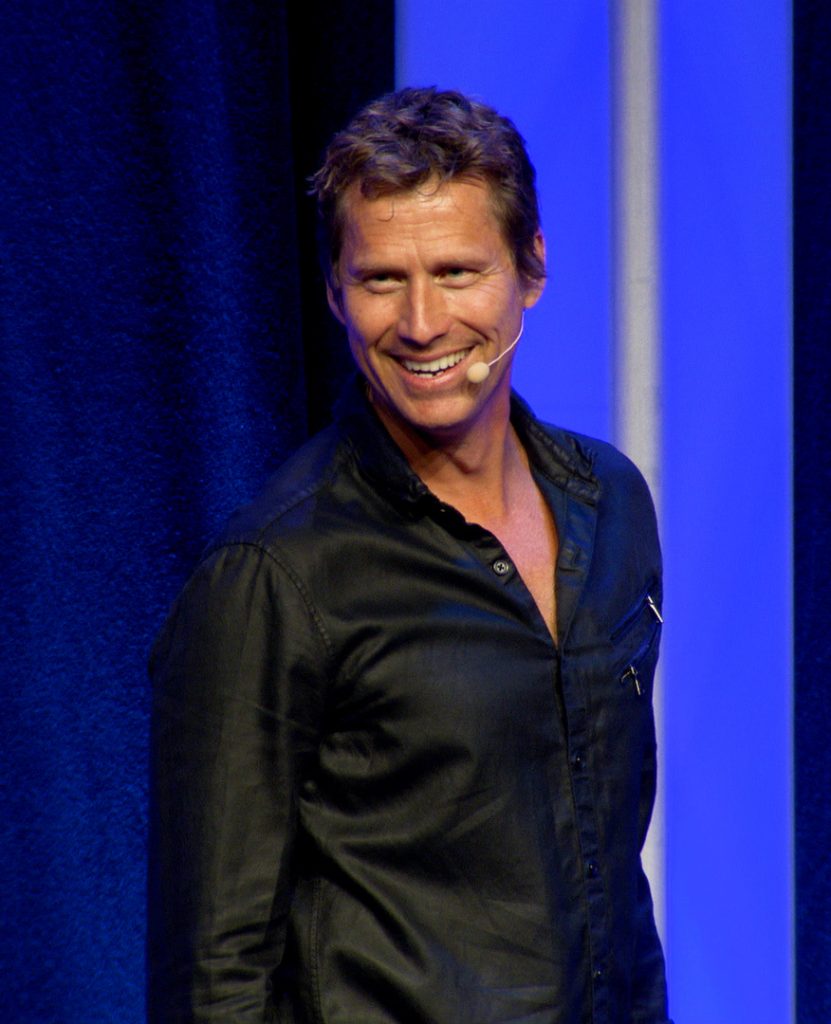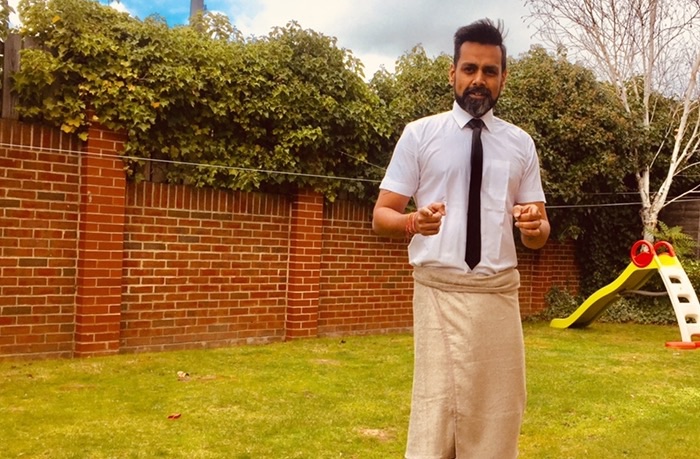Mr I’MPOSSIBLE to Exploring the Art of Possible
Arif Anis is an influence magnate. If you are in London, Dubai, New York or some other cosmopolitan European capital and moving in the circle of movers and shakers, then it is hard to escape the James Bondish charm of Arif Anis. You might notice him rubbing shoulders with the titans, royalty and newsmakers to Forbes richest alike; from the US president Bill Clinton to the British prime minister Boris Johnson and Pakistan’s premier Imran Khan, HRH the Prince of Wales to the Archbishop of Canterbury and Malala Yousafzai, Donald Trump to Richard Branson, Deepak Chopra to Tony Robbins, George Clooney to Angelina Jolie, Maria Sharapova to David Beckham and Amir Khan, Arif Anis might be visible everywhere uplifting people, businesses, organisations and inspiring lives for better. Heads turn when Forbes winner of the highest-earning woman in music and Time magazine’s “25 Most Influential People on the Internet” Katy Perry is found cooing along with him ‘I am Katy Perry, and I am possible.’ I’MPOSSIBLE is one of his ten mega-bestselling books that got translated into multiple languages.
Anis has been voted “Brain of the Year 2020” by the famous Brain Trust UK, a trophy previously awarded to the likes of Professor Stephen Hawking, astronaut and Senator John Glenn, former World Chess Champion Garry Kasparov. The tale becomes further intriguing when we find how he started his life as a shepherd in Pakistan’s Soon Valley some four decades back and then became a success story by following and living his dreams. Anis’s tenth book and an anthology, “Habits of Success”, recently became a USA Today and Wall Street Journal bestseller. I should not forget mentioning Arif Anis won the ‘Global Man of the Year’ award in 2019 at the Global Woman Summit. Anis was also praised by Her Majesty Queen Elizabeth and Boris Johnson for founding the ‘One Million Meals’ campaign during the first lockdown in 2020. Anis is the president of Akhuway UK, part of the world’s largest interest-free microfinance loan provider Akhuwat with an over 1 billion dollars portfolio. Power100 placed him among the 100 most influential trailblazers in Europe in 2018. His initiatives have been featured by BBC, ITV, Sky, CNBC, The Telegraph, Yahoo, and many other global platforms.
Arif, what a fascinating story! How do you see all the dots connecting together when you look back?
It doesn’t interest me
how old you are
I want to know
if you will risk
looking like a fool
for love
for your dream
for the adventure of being alive.
“The Invitation,” by Oriah Mountain Dreamer
I was born in the small village Anga in Soon Valley, a craggy and mountainous valley in the North-West of Khushab District, Punjab, Pakistan. Soon Valley is beautiful, with many lakes, waterfalls, jungles, natural pools, and ponds. Since ancient times, the Valley has been settled, including by the Awan tribe, whose descendants still live in the Valley. I was raised in a family of five. My father was a Junior Commissioned Officer (JCO) who had served in the British and Pakistani army. My mother was a typical housewife who looked after her kids and nurtured them with love.
In Anga, the school was located miles away from home around a treacherous path. The roads were not paved, and the village did not have electricity. The environment was more conducive to games, hunting, and fighting. Nerds were looked down on as a bit feminine. I found a treasure of a library in a neighbour’s deserted house and fell in love with books. The fantasyland of One Thousand and One Nights and other stories helped me survive the otherwise tough terrain and hostile environment of my early years.
Books became my refuge while growing up. These books introduced me to a world of fantasy, magic, and surrealism where anything was possible. I dreamt of being a warrior leading a pack of knights. Sometimes I was the Aladdin on the flying carpet. At the same time, the stories of the great men and women who left their fingerprints on history inspired me. The conquerors, adventurers, dreamers, fighters inspired me to become more than my circumstances. Due to the prevalent misery around me, I imagined being someone who could inspire lives, uplift people, and change them for the better with some magical, healing touch. These ideas kept transforming from a warrior to a career in the armed forces, a teacher to a counsellor, and a civil servant to an international speaker.
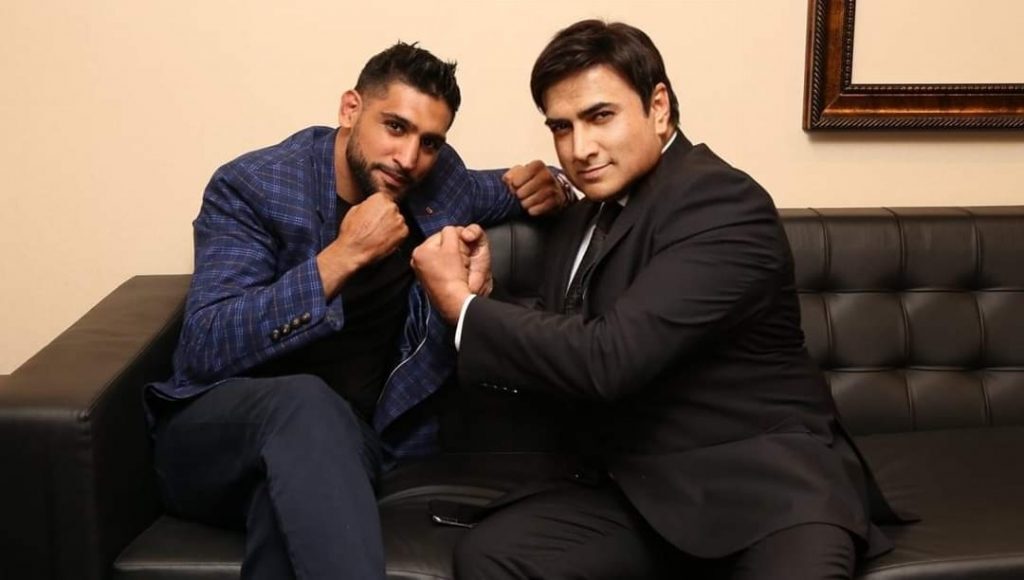
Well, you seem to have come a long way from being a shepherd to being endorsed by Katy Perry, the most influential artist of our times. How do you make sense of your journey?
A burning quest to find my purpose aided me to weather the storms on the way. I used to question the meaning of existence. Gradually, I realised that even if there might be no divine purpose for ordinary lives, ordinary lives could still serve some divine purpose. Consistency and perseverance were the main keys. It was not easy, but it was very much worth it.
In my teens, I was merely a spectator to the events of my life. It felt like I was tossed in the giant whirlpool of life with no rudder or oars. I slowly worked out my tenacity muscle to get hold of myself, growing it daily by going a few extra feet out of my comfort zone. When I looked back, I had travelled hundreds of miles by doing it, living it every day.
In those early days, books were just an escape from reality. But when I stumbled upon books from Jim Rohn, Paulo Coelho, Napoleon Hill, and Tony Robbins, they introduced me to another kind of world where my intentions could invoke some law of attraction and that could create miracles. The idea of personal development that one can write one’s fate was a game-changer.
I have met many twists, turns, and surprises during my journey. In February 2020, after a meeting in London with His Royal Highness the Prince of Wales and the Duchess of Cornwall, I was seated at the table with singer-songwriter Katy Perry, one of the greatest music icons alive, where I introduced her to my book I’MPOSSIBLE, and she was thrilled. “I am Katy Perry and I’MPOSSIBLE.” The “Firework” girl beamed at the camera while endorsing the message of possibilities. But she was not the only one. “I Am Possible and The Time Is Now” became a battle cry at thousands of places among the personal development junkies, at boot camps, seminars, and stadiums. Several heads of state and influencers endorsed this message. It is a One Thousand and One Nights tale for someone who was born a shepherd.
It was not smooth sailing. Every time I would fail and fall, I would hypnotise myself with the most powerful and inspirational quotations. I gradually found that obstacles led me to find my way; I must not resist the pain of discipline or struggle but rather find meaning in it.
One of your first books was ‘Follow Your Dreams’. How much of luck has to do with following and achieving one’s dreams?
Somehow, most of my craziest daydreams came true. They included a dinner with a US president, a toast with Ms World, and an official Buckingham Palace invite. I discovered that the harder you work, the luckier you get. You earn it by sweat and blood, by walking out of the comfort zone, by challenging yourself and shedding your old skin and habits. It is a GRIND, my friends. Luck can be a break or a chance, but that is it. Once, I conducted research and wrote an exclusive on the winners of the lottery. I discovered most of their lives got worse after the win. They became lost to addictions of various types and lived fractured lives. You will have your fair share of rising and falling, success and failure, applause and curses; no one is exempt. In my life, I have not come across anyone lucky enough not to be scarred by life. No one will come out alive, as they say. Higher awareness, compassion, and love are luck, and I have been lucky enough to receive them in abundance.
At the release of your ‘The New Psychology of Love’, we heard of how you found the love of your life. How did it happen, and how did it impact your life?
Well, as a hopeless romantic, I wear my heart on my sleeves. In my early twenties, I fell in love head over heels. It was a breathtaking place full of colours, songs, and sunshine. It still is. That time I was utterly broke and just starting on the ladder of life. Naturally, her family demanded a settled life and a career that was non-existent for me at that time. Culturally speaking, I had to throw a big fat wedding that I could not afford. However, through a strange series of events, somehow similar to the movie A Slumdog Millionnaire, I managed to win a million rupees jackpot in a TV quiz show after competing with over 50,000 participants. The top reward enabled me to follow my heart. It is still one of my most significant breakthroughs. After becoming my life partner, my wife Uzma impacted my life profoundly. We are a happy family of four with our two sons Sarosh and Fariqleet. My family means the world to me. They are also the biggest reasons for whatever I achieved or accomplished in my life.
You seem to have met some incredible people along the way. Who really influenced you?
Jim Rohn, Jack Canfield, Brian Tracy, Chopra, Ahmad Nadeem Qasmi, Ashfaq Ahad, the legendary British writer and creator of Mind Mapping Tony Buzan, all mentored me. Buzan and I travelled together to many countries to speak to big audiences. Buzan was one of the most intelligent minds I came across. Armed with a sheet of white paper and a fistful of coloured pens, he would sit in his office overlooking the Thames at Marlow, Buckinghamshire, “mind mapping” his day. An affable figure who always looked crisp and dapper, he had a rockstar persona. I still remember a critical lesson from him explaining “contact” and “connection.” He said, “It is not important whether you are in contact with someone or not; the most important thing is having a connection. Without having a connection, contact is merely a waste of time, energy and emotions.” He used to define “attention” in the simplest form as “staying there where you are.”

As an author and a thought leader, in your view, when is the best time to take off and live the life we deserve to live?
A human’s success is determined by the number of uncomfortable conversations the person is willing to have. We may not know the outcome of a choice we fear. The unknown road to the known destination paralyses us. We are petrified to even think about the time and the effort it may take to get to our final point. Heck, we are not sure if we are going to reach the end or not. It is a necessary risk we have to take. Our future is wrapped up in uncertainty. There is no amount of insurance that could cover it. When you gotta do it, screw it – just do it!
As Kurt Hahn says, “There is more in us than we know if we could be made to see it; perhaps, for the rest of our lives, we will be unwilling to settle for less.” You can’t fathom yourself exactly, and there is much more in you than you think. You are stronger, faster, and abler than you think you are. So don’t be afraid to give your fullest and roar with your might.
The words of Sven-Göran Eriksson offer great insight pertaining to personal desire: “To wish you were someone else is to waste the person you are.” Indeed, comparing ourselves to others is rarely a positive or productive experience; most of us have a tendency to idealise other people while undercutting ourselves. Partly due to this negative bias, many individuals end up concluding that they are years behind where they “should be” in life. Remember, you will arrive at your destination in your own time. You don’t need to spoil your journey thinking of your speed because this journey is more important than the destination.
I have heard your mantra of ‘walk your own damn path’? Isn’t that a tough choice to make in life?
What I learnt in life is that it is essential to walk your own path. Make your own path. Walk your own darn path. Don’t toe the line because it’s easy. Don’t copy your parents or significant others for emotional reasons. It must spring from your own being. Also, you must not be deceived by the trap that you are walking your own path while you are trudging along with societal norms. However, there is no harm in conforming to the norms but not because you cannot walk out of your comfort zone. Unfortunately, you will never embrace the essence of your existence until you walk your own darn path.
Life is not a straight road. There are bends here and there. However, a bend in the road is not the end of the road. Sometimes you will try so hard to accomplish something. Sometimes you can be so prepared and still fail. You will sweat, toil, labour, bleed, and it will amount to nothing. And every time you fail, it’s painful. It breaks something within you. It is a dark and lonely place. However, this is the place most visited by all the champions. A man’s character is not judged after he celebrates a victory but by what he does when his back is against the wall. So, no matter how great the setback, how severe the failure, you never give up. You pick yourself up, you brush yourself off, you push forward, you move on, you adapt, you overcome. Just never give up. You only lose when you give up. You are not beaten until you give up. So, never, never give up!
How do you see fear impacting our lives, and how we can outrun it? How o do it and who can help us do it?
There are two ways to live. You continue running or ducking away from what scares you. This will make a small bugbear grow into a monster. Or you face your fears, eyeball to eyeball, and in one second you realise that it’s the most blissful experience of your life. There’s zero fear. You realise that the point of maximum danger is the point of minimum fear. It’s bliss. Why were you scared in your bed the night before? What do you need that fear for? It just ruins your day. The best things in life are on the other side of terror, on the other side of your maximum fear.
Most of us waste too much time frozen by the fear of failure, fear of being judged, fear of everything. All it takes is one first step forward. No matter how small. You’re the tallest wall to climb. The longest bridge to cross! Because of your mental stoppers, you fail to reach your full potential and you betray your dreams every day. You can overcome all this by finding your true self, and tuning into the positive, hopeful voice in your head that’s pointing towards the light. Follow the light.
The truth of the matter is that no one else can do pushups for you. It is you, yourself, who has to run that mile, stay up that night, smile at that fear, face those demons, and walk up that road to your heart’s calling. No one else, however close to your heart, may determine your route.
Follow your heart, and walk that road. Others can walk with you, but nobody can walk it for you.
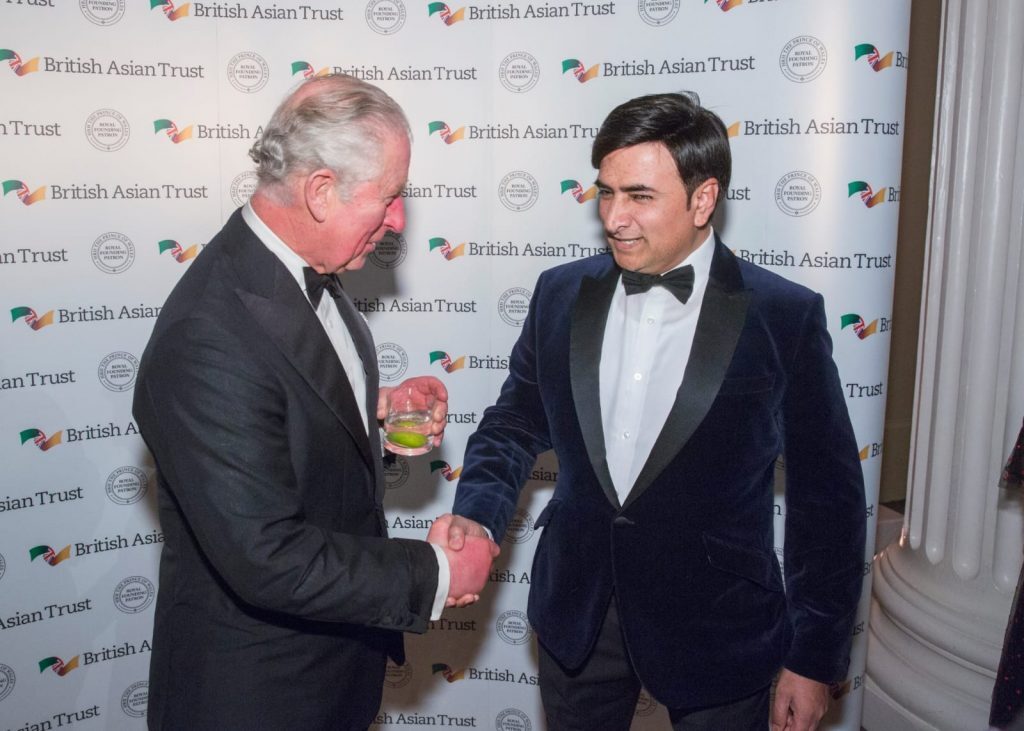
Giving seems to be a big part of your life. Tell us more about your ‘One Million Meals’ campaign.
Giving is a substantial part of my existence. I have mentored thousands of leaders in various industries. My protégés include coaches who have inspired countless lives, world champions, Olympic athletes and ordinary people with extraordinary dreams. Around one-third of my time, efforts, and resources are dedicated to charitable campaigns.
On 13 May 2021, the British Cabinet Office announced that Prime Minister Boris Johnson had awarded the Points of Light award to the One Million Meals campaign, acknowledging the four of us (Arif, Suleman, Bilal & Momin). I had co-founded and named the campaign on the outset of the Coronavirus pandemic in April 2020. The campaign was initiated to feed the National Health Service doctors, paramedics, keyworkers, and vulnerable people during the lockdown. Through June 2020, we had supported 203 locations across the UK, including 47 NHS hospitals. The campaign was recognised by Her Majesty The Queen, HRH the Prince of Wales, David Beckham, Amir Khan, and many others. We were thrilled when I managed to get backing from the world-famous band, ‘The Proclaimers’ who are a Scottish rock duo formed in 1983 by twin brothers Craig and Charlie ReidI. They dedicated their world-famous song, “I’m Gonna Be (500 Miles)” to the campaign to raise funds.
I am a trustee and lifelong supporter of Akhuwat, the world’s largest interest-free microfinance organisation with around a billion dollars turnover that has changed more than five million lives in Pakistan and abroad for the better.
You are among the top-notch coaches on the art of influence and impact building. You have helped prominent businesses and individuals in scaling up their impact. How could the readers benefit from your expertise in this area?
Noise is defining our current existence. Attention span has shrunk to a couple of seconds, with the world’s top corporations vying for their ‘nano seconds’ of the attention pie.
Power and influence are both used synonymously. However, these both are distinctive, and they work in widely different ways. Power is a zero-sum game as the more we give it, the less we have it. However, contrary to that, influence spreads and multiplies as it is distributed. Plato famously argued in The Republic that a tyrant, however powerful, ultimately suffers in the end by corrupting his own soul. Power is forced, while influence is voluntary. Power makes use of one-way dialogue while influence creates a conversation.
I help businesses and individuals to gain influence in their respective fields of choice through reputation management. Due to the shorter attention span, reputation management is the effort to influence what and how people think of a brand or person when viewed online. Put another way, a character is who you are, and reputation is who other people think you are. The world’s best brands use reputation to forge strong relationships between customers and communities. Through an extensive network of partnerships, collaborations and expertise and alliances, businesses and individuals are offered a one-stop-shop to position them in the respective markets, build their narrative and story, enhance their digital footprint and transform feedback from reviews, likes, listings, comments and clicks into their competitive advantage.
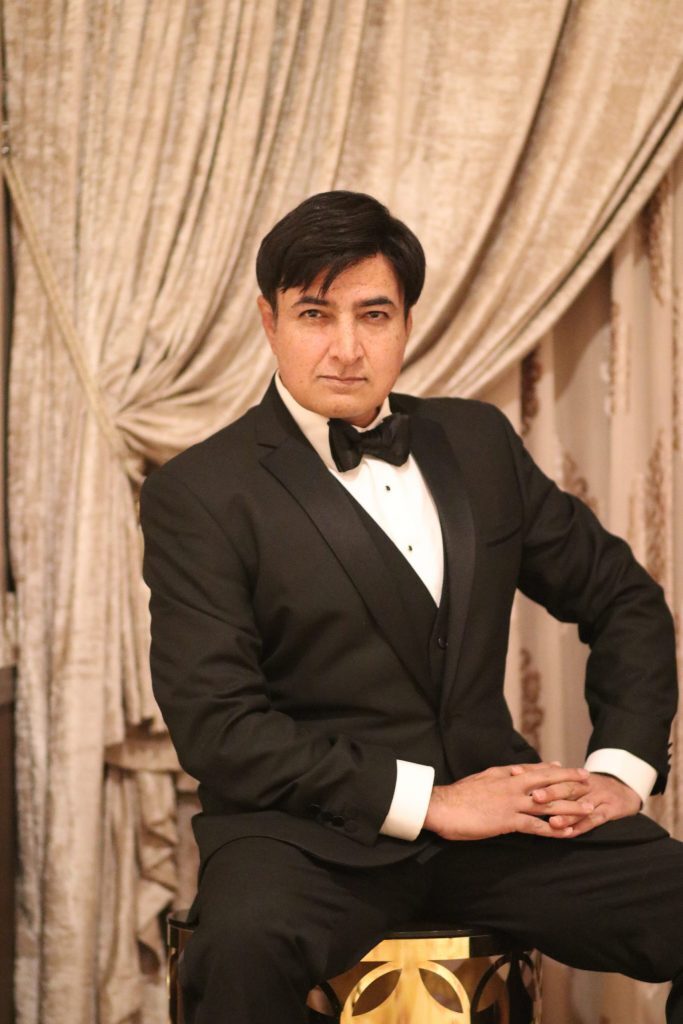
So what is next for a person of your dreams, calibre and ambition?
It is living to the fullest, creating more success stories, harnessing the fullest potential of individuals, institutions and organisations and enabling a world of influence where the hope is bigger than the fear. As an executive vice president of Tony Buzan Global, one ambition is to reach out to more than 500 million mind mappers, dreamers and practitioners globally to make this world a better place through mental literacy.
In my view, COVID-19 is not just a medical challenge, but a spiritual challenge too. To defeat COVID humanity need to follow the path of self-purification, compassion, nonviolence, God and Nature. This pandemic raises serious questions about the way this world has been run in the last hundred years, by using greed, power, lust and obnoxious use of privilege. This pandemic has laid bare what was already obvious, but we buried our heads in the sand like ostriches.
We have a chance to do something extraordinary. As we head out of this pandemic, we can change the world. Create a world of compassion. A world where we are kind to each other. A world where we are kind no matter what class, race, gender, creed or the job tag we have. A world we don’t judge those at the food bank because that may be us if things were just slightly different. Let love and kindness be our roadmap. If the world after coronavirus is not going to be a much more greener, much more environmentally friendly, much more vegetarian, much more just and equal, then human beings will deserve a much worse virus than coronavirus.
Throughout the centuries, an earthquake or a volcano or a pandemic or a tsunami shake the world. There is always a message in the shake-up. Wake up! I am sure we would get rid of coronavirus. Say, in a year, or two or three. But I fear what comes next. We go back to our routine stupidities, namely the wars, supporting the dictators, fueling divide through extremism, voting for politicians without integrity or character, destroying the forests, killing earth’s climate etc. This is worse than the pandemic itself. Let’s finally wake up.
